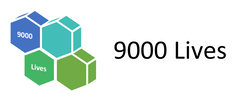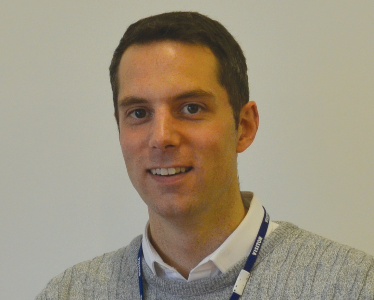Great news about Teenage Pregnancy: A Real Success Story
Over the past 25 years, England and Wales have had huge successes with teenage pregnancy. Based on both national and international data, this article sets out the big picture as well as explaining why it’s a good thing that there are now fewer new teenage mums each year.
Before we dive into the data, it’s important to say that, if you are (or were) a teenage mother, there should be no shame and this article is not intended as a criticism. Overall, UK data says that better outcomes come from lower teenage pregnancy rates. But that doesn’t mean you aren’t a fantastic mum. Both things can be true.
The number of children being born to teenage mothers has been falling for many years and is now only a third of what it was 15 years ago. For national numbers to fall by two thirds is significant and, in this case is very good news.

❓ Why do teenage pregnancies matter ❓
Teenage pregnancy is associated with poor outcomes for young women and their babies. So, it follows that waiting longer before having children leads to better outcomes for both child and mother.

❓ Is the fall in babies born to teenage mothers because of more abortions ❓
The percentage of pregnancies that end in abortion has risen over the last 25 years. This is true for females under 16, under 18 and also ‘all ages’. Often, pregnancies for under 18s aren’t seen by health workers as early as we’d like (they’re more often unplanned, confirmed late and things are sometimes slowed by the girl’s fear of disclosure).

However, whilst the rate of abortion has risen, the actual number of abortions have fallen. Simply put, there are fewer births because fewer girls are getting pregnant.

❓ Where is teenage pregnancy highest ❓
Middlesboro, Hull and Salford.
For local areas, child poverty and unemployment have strongest link to pregnancies of under 18 year olds.
But there are some surprises, for example: London, Cornwall, and parts of Cumbria. It is not only the places that some people might stereotype that can have much lower (or higher) than average rates of teenage mums.

Access to contraception and sexual health clinics in London vs some rural areas may be a factor. Such access may be more difficult in rural areas where public transport is limited.
Which individuals have higher rates of teenage pregnancy?
The strongest associated risk factors for pregnancy before 18 are:
- ⚠️ Free school meals eligibility
- ⚠️ Persistent absence by the age of 14
- ⚠️ Poorer than expected progress in Y7-Y9
- ⚠️ Being looked after or a care leaver.
❓ How do we compare to Europe ❓
The proportion of babies born to teenage mothers in England and Wales is lower than most of Eastern Europe. However, we do less well against Western Europe (e.g. France, Germany, Spain).

❓ How to reduce teenage pregnancy even more ❓
Leading expert Alison Hadley, from the University of Bedfordshire, recommends things that areas with lower rates of teenage pregnancy tend to do well.

So, for schools to help:
- Keep improving the quality of relationships and sex education (RSE).
- Communicate with parents (and encourage parents to communicate with their child).
- Give good information about contraception & sexual health
If we do that well, we can help the situation to get even better. In particular, high quality RSE helps teenagers to be informed about contraception and often acts to delay the age that a teenager first has sex.
More Interesting Reads
If you are a teacher, to read more on teenage pregnancy, check out a TES article by Alison Hadley OBE from 2019.
Interested in other big data? This article tells you all about the most recent school exclusion figures:
Want to be inspired by the power of teachers to change the world? Then read all about Boo here:
Get in touch
Have a question? Think we could help you? Please contact us to discuss how we might help you.
Drop us an email or give us a call
director@9000lives.org
0788 42 42 719

